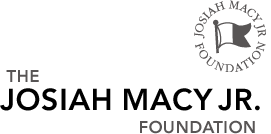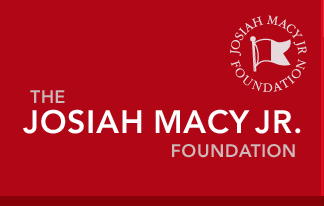News & Commentary
Join the Foundation, our grantees, and leading experts for commentary and the latest news on the education and training of health professionals.
Grantee Voices
9.26.11
Macy Faculty Scholar Alan W. Dow on Interprofessional Education
Richmond, VA
Alan W. Dow of the Virginia Commonwealth University School of Medicine discusses his work as a 2011 Macy Scholar.
Q: Why are you focusing on interprofessional education as a Macy Faculty Scholar?
Dr. Dow: Newly hired nurses, doctors, pharmacists and other health professionals are expected to step right in and work collaboratively as part of a team to deliver health care to patients. Yet as students, they mostly receive training in silos, often on separate campuses and in different clinical settings, leaving them without the skills they need to function as part of a team.
This has serious implications for the quality of care. We know, for example, that communication failures attributed to a poorly functioning health care team are responsible for 70 percent of medical errors leading to patient harm in hospitals. The driving force behind this project is to improve care, reduce or prevent many of those errors, and possibly reduce costs by training students of the health professions to work together as part of an effective team, one that can deliver a high standard of care from the clinic to the intensive care unit.
Q: How will your project influence or improve the educational experience for students of the health professions?
Dr. Dow: The Macy-funded project will train students of medicine, dentistry, nursing, pharmacy, and other health professions how to work collaboratively across disciplines and across a variety of settings.
We will teach skills that are central to team-based care, including problem-solving, clear communication and leadership abilities. Students will also learn that the teams vary depending on the clinical setting and the skills they need for each setting are different. For example, the complex teams in an intensive care unit need very different team skills compared to a nurse who is delivering primary care more autonomously in a community-based setting.
Q: Why is it so important to train health professionals to work as part of teams at this time?
Dr. Dow: The delivery of health care has changed tremendously in the last few decades. Patients are sicker and older while systems of delivering care and technology have and continue to evolve. Physicians, nurses, pharmacists and other health professionals can no longer work in silos. They must be able to integrate as part of a team in order to provide the best possible care in the complex and fast-paced health care environment.
Meet the 2011 Macy Faculty Scholars.
Learn more about the Macy Faculty Scholars Program.


No comments yet.